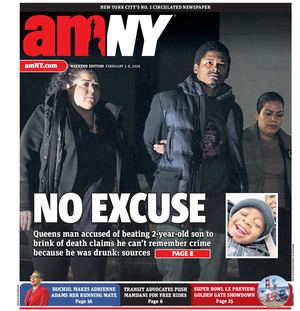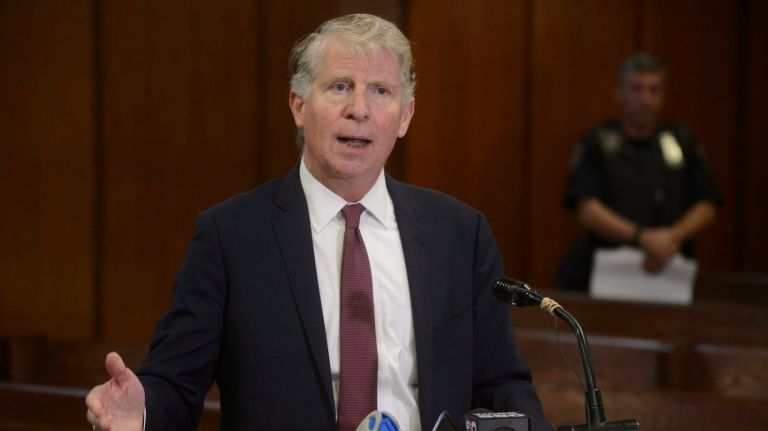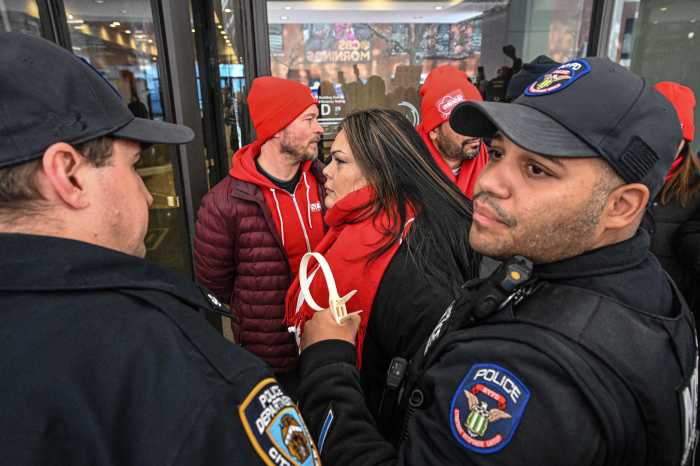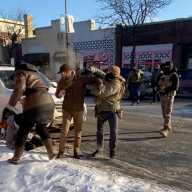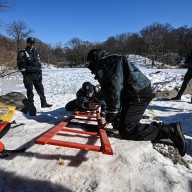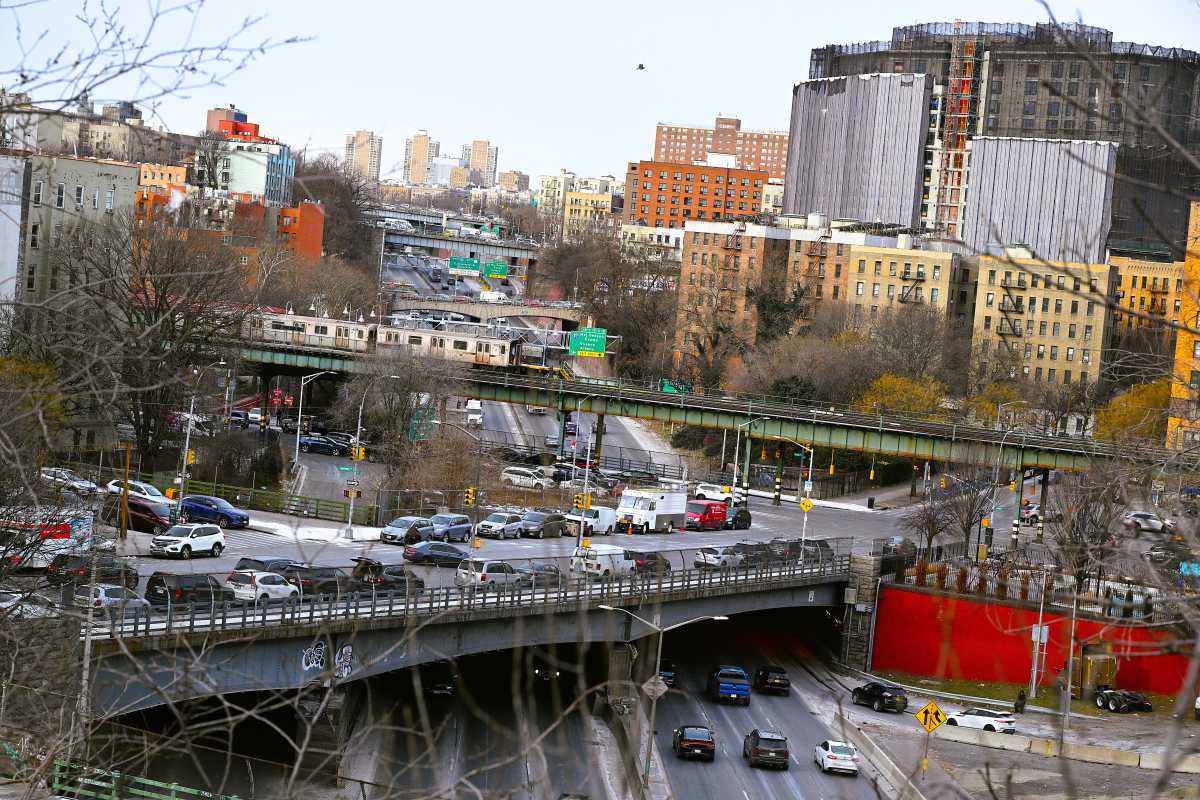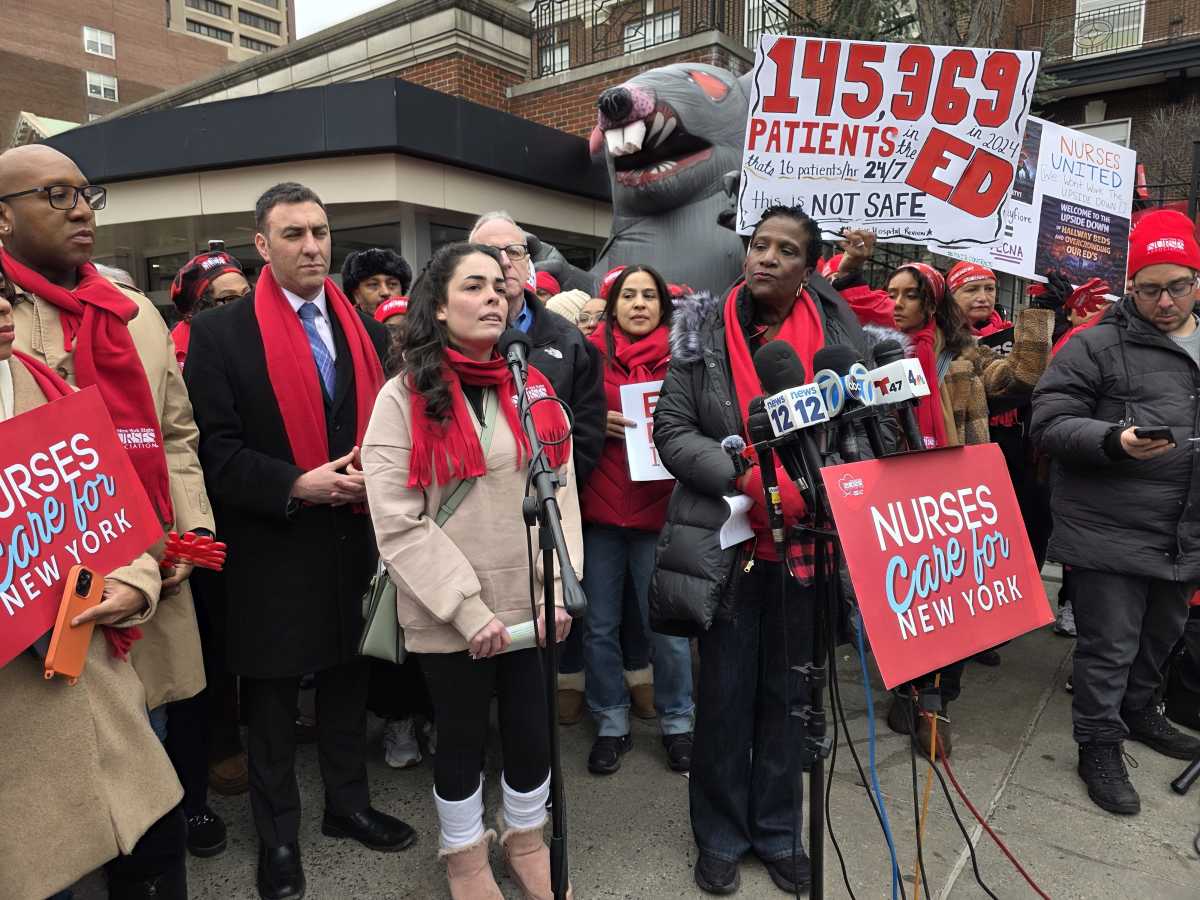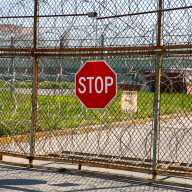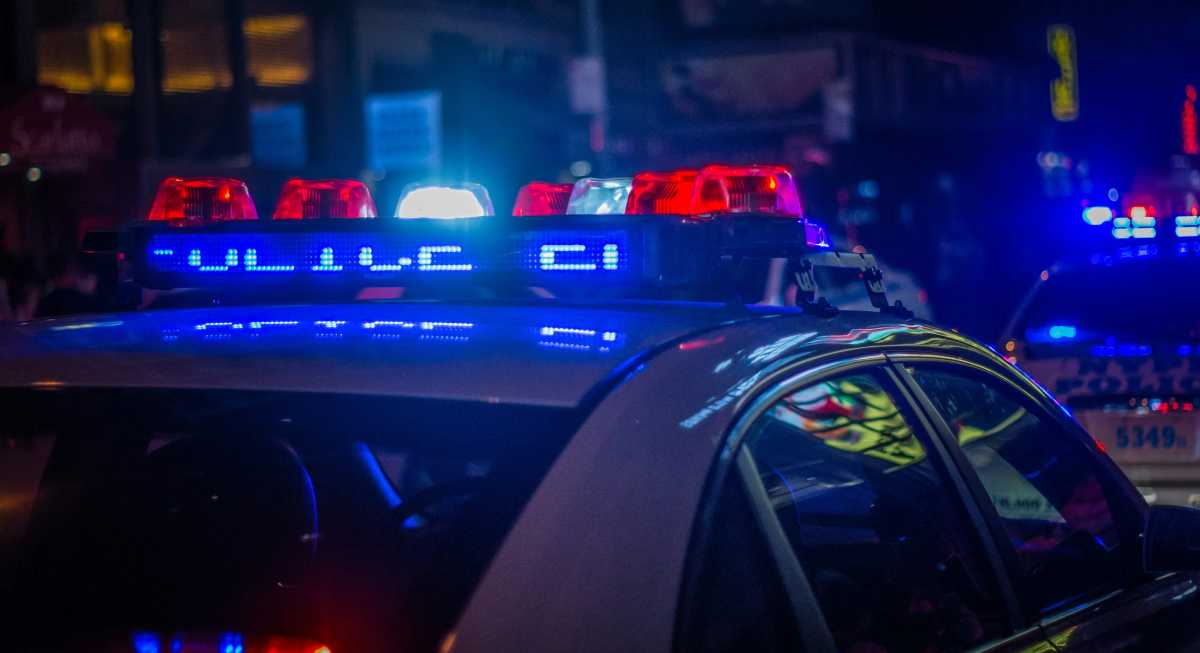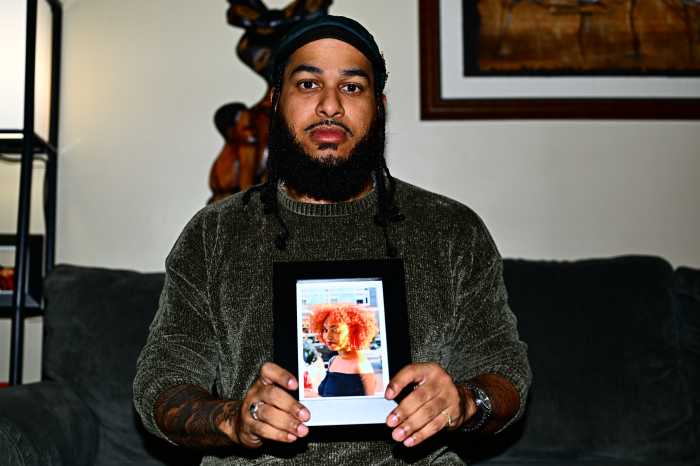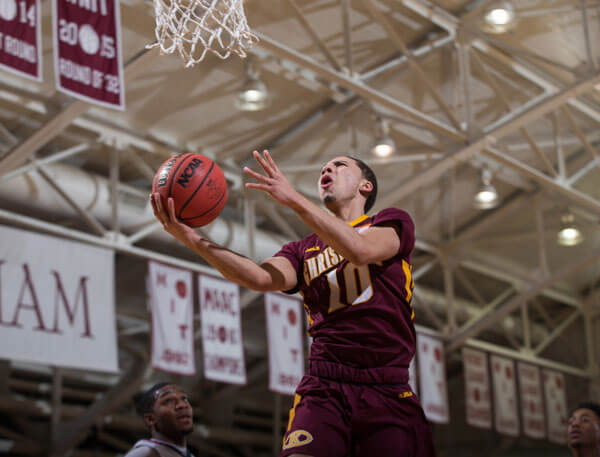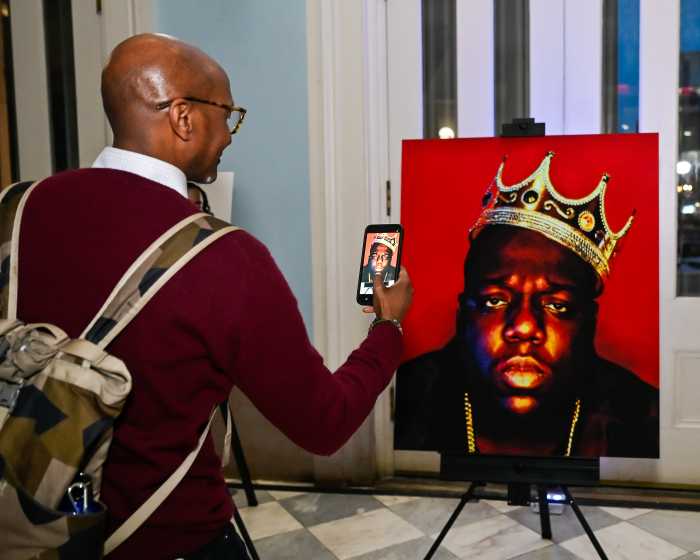Just as Friday night’s protests were ramping up, Manhattan District Attorney Cy Vance Jr. announced that he would no longer prosecute protesters arrested for two misdemeanor offenses during the demonstrations: unlawful assembly and disorderly conduct.
“The prosecution of protestors charged with these low-level offenses undermines critical bonds between law enforcement and the communities we serve,” Vance said in a June 5 statement. “Our office has a moral imperative to enact public policies which assure all New Yorkers that in our justice system and our society, black lives matter and police violence is a crime. We commend the thousands of our fellow New Yorkers who have peacefully assembled to demand these achievable aims, and our door is open to any New Yorker who wishes to be heard.”
Vance’s decision came days after Manhattan state Senator Brad Hoylman appealed to the city’s five district attorneys not to prosecute protesters for unlawful assembly and disorderly conduct.
Initially, Vance’s office offered the arrested individuals with an “adjournment in contemplation of dismissal” (ACD). This means that the charges would be dropped within six months if the individual did not commit another offense in that timeframe.
But now, Vance says his office will not prosecute any protester arrested by the NYPD for either or both misdemeanor offense. The district attorney added that his office would also evaluate and may decline to prosecute other charges related to the protests when warranted.
“If evidence emerges that any individuals personally participated in violence against police officers, destruction or looting, such individuals will be charged with appropriate crimes,” according to Vance’s office.
Under New York penal law, disorderly conduct and unlawful assembly are Class B misdemeanors. Those convicted on either charge face maximum penalties of up to 3 months in prison or one year of probation, and are subject to a fine of up to $500.
